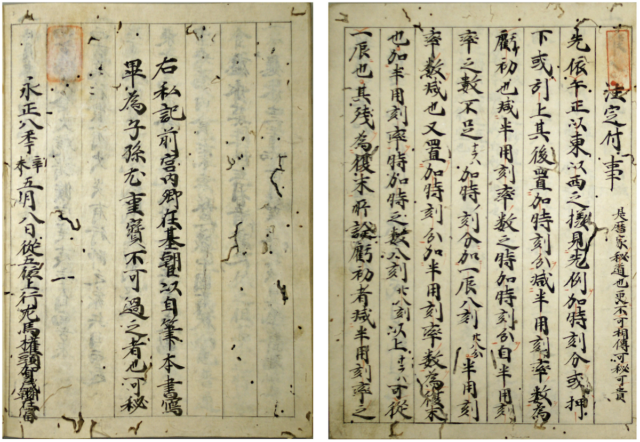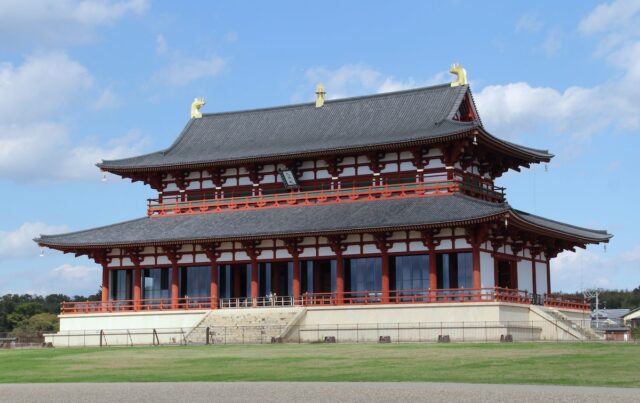Profile
- Research Subject
I specialize in ancient Japanese calendars and astronomy.
- Research Fields
- Japanese Ancient History
- Faculty - Division / Research Group / Laboratory
- Division of Humanities / Research Group of History / Laboratory of Japanese History
- Graduate School - Division / Department / Laboratory
- Division of Humanities / Department of History / Laboratory of Japanese History
- School - Course / Laboratory
- Division of Humanities and Human Sciences / Course of History and Anthropology / Laboratory of Japanese History
- Contact
Office/Lab: 424
Email: w-yoshida*let.hokudai.ac.jp
Replace “(at)” with “@” when sending email.Foreign exchange students who want to be research students (including Japanese residents) should apply for the designated period in accordance with the “Research Student Application Guidelines”. Even if you send an email directly to the staff, there is no reply.- Related Links
Lab.letters


Become a modern reki hakase, decoding the inner hearts of people who relied on calendars
In ancient Japan, there was a technical position called the reki hakase (calendar master) who crafted the calendar of Japan by calculating the formulas listed in the calendar system that came from China. Calendars of those days, which could only be created by people versed in those methods of calculation, not only predicted scientific astronomical phenomena like solar eclipses, they also contained many other things like basic information including how many days the next month would have in it, and fortunetelling that revealed the good and bad luck of each day. As such, they were immensely important tools in regulating the daily lives of people. For both the noble family of a thousand years past and we modern folk wondering about how the weather will be next week, the act of looking up into the sky is the same. In fact, we might even share the same worries and joys. The study of calendar calculation entails following in the footsteps of the reki hakase to decode from historical material and data such subtleties of heart in people who relied so much on the calendar, and I am immersed in that study.
Ancient history mysteries are waiting to be elucidated
Among reki hakase, there was a clan called Kamo that became hereditary keepers of the calendar every generation. They protected and passed down ancient forecasting techniques and specialist knowledge to each successive generation. But with the extinction of the Kamo clan, some of the techniques and knowledge accumulated over many years began to disappear. If the population of researchers continues to decline for ancient Japanese history overall in addition to astronomical calendar calculation history specifically, questions and contradictions in ancient history that actually still have room for investigation will be left unelucidated. If you carefully read and decipher historical materials over and over again, you will begin to see a research theme that only you could have discovered. I invite you to join me in exploring these historical materials at Hokkaido University, where students can focus on research and work closely with instructors. And, harnessing the small student count system, our support system for considering practical research plans is interpersonally thorough.
Message
The starting point for historical research is, of course, historical materials. In classes, in order to expose students to as many historical materials as possible, we read various ancient texts like the rikkokushi (six national histories), ritsuryo kyakushiki (laws and regulations), and kokiroku (diaries). And even in these kinds of prominent texts, there are still many things that are unknown. I want these classes to help everyone discover questions they want to explore more thoroughly.
Our research office stocks the necessary texts, and with the perfect small student count system, we provide the ideal environment for focusing on research. I look forward to supporting your research with attentive guidance.




